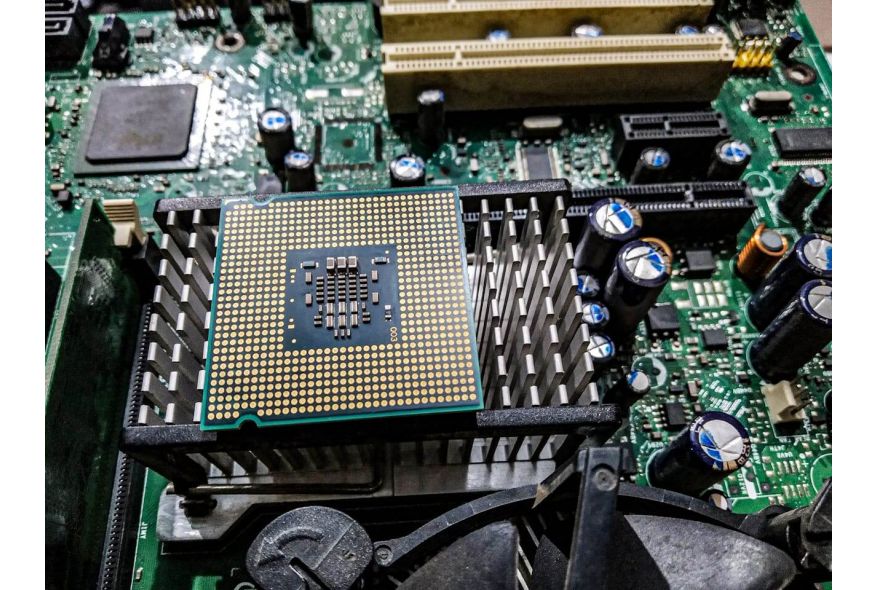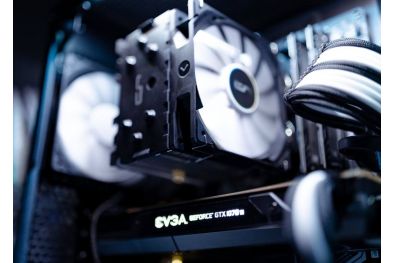Is It Worth Upgrading Your Processor?
Upgrading your computer’s processor (CPU) can feel like a big decision. It’s often seen as one of the most impactful upgrades you can make, but it’s also one of the most expensive and complex. So, is it worth upgrading your processor? In this article, we’ll explore the pros, cons, and key factors to consider before making the leap.
When Should You Consider Upgrading Your Processor?
Not every situation calls for a CPU upgrade. Here are some scenarios where it might be worth it:
Your Current CPU Is a Bottleneck: If your processor is struggling to keep up with your tasks—whether it’s gaming, video editing, or multitasking—it might be time for an upgrade.
You’re Using an Older Generation CPU: Technology evolves quickly. If your CPU is more than 4-5 years old, newer models could offer significant performance improvements.
You Need Better Energy Efficiency: Newer processors are often more power-efficient, which can reduce heat and lower your electricity bill.
You Want to Future-Proof Your System: Upgrading to a modern CPU can extend the lifespan of your computer and ensure compatibility with new software and hardware.
The Benefits of Upgrading Your Processor
Improved Performance: A faster CPU can handle more tasks simultaneously, reduce load times, and improve overall system responsiveness.
Better Gaming Experience: Modern games often rely heavily on CPU performance, especially for open-world or multiplayer games.
Enhanced Productivity: For tasks like video editing, 3D rendering, or software development, a better CPU can significantly reduce processing times.
Support for New Technologies: Newer processors often come with support for faster RAM, PCIe 4.0/5.0, and advanced features like AI acceleration.
The Drawbacks of Upgrading Your Processor
Cost: High-end processors can be expensive, and you may also need to upgrade other components like the motherboard or RAM.
Compatibility Issues: Not all CPUs are compatible with older motherboards. You might need to replace your motherboard, which adds to the cost and complexity.
Diminishing Returns: If your current CPU is already decent, the performance gains from an upgrade might not justify the cost.
Installation Complexity: Replacing a CPU requires technical knowledge and care to avoid damaging your system.
Key Factors to Consider Before Upgrading
Your Current System: Assess whether your current motherboard, RAM, and cooling system can support a new CPU.
Your Budget: Determine how much you’re willing to spend and whether the upgrade fits within your budget.
Your Use Case: Consider what you primarily use your computer for. Gamers and content creators will benefit more from a CPU upgrade than casual users.
Future-Proofing: Think about how long you plan to keep your system and whether the upgrade will meet your needs in the coming years.
Alternatives to Upgrading Your Processor
If a CPU upgrade isn’t feasible, consider these alternatives:
Upgrade Your GPU: For gaming and graphic-intensive tasks, a better graphics card might provide a bigger performance boost.
Add More RAM: Increasing your system’s memory can improve multitasking and overall speed.
Switch to an SSD: If you’re still using a traditional hard drive, upgrading to an SSD can dramatically improve load times and system responsiveness.
Final Thoughts
Upgrading your processor can be a game-changer, but it’s not always necessary or cost-effective. Carefully evaluate your needs, budget, and system compatibility before making a decision. If you decide to upgrade, the performance gains can be well worth the investment.
Did you find this article helpful? Share it with your friends on social media to help them decide if a CPU upgrade is right for them!
By weighing the pros and cons and considering your specific needs, you can make an informed decision about whether upgrading your processor is worth it. Don’t forget to share this article to help others navigate this important tech decision!







